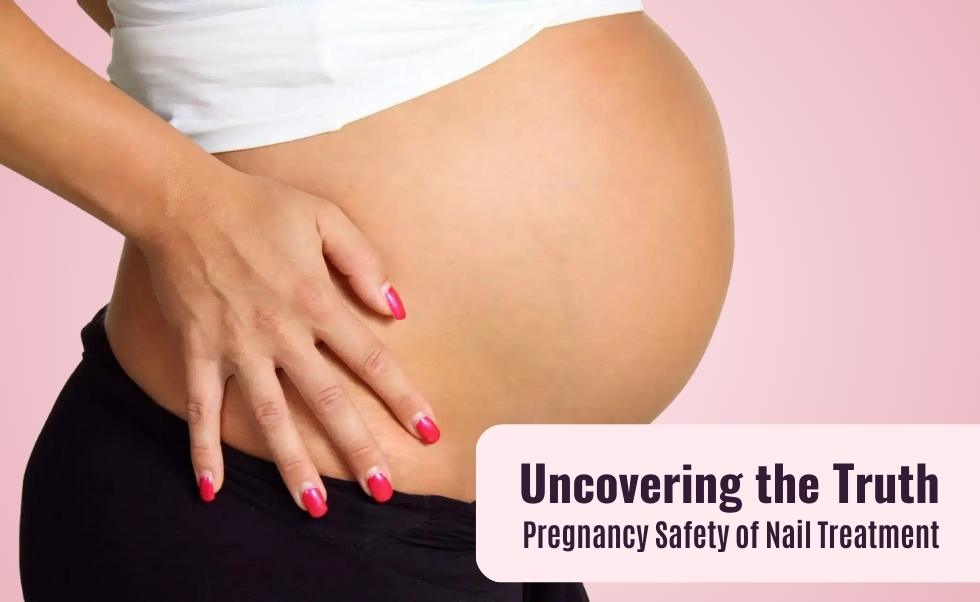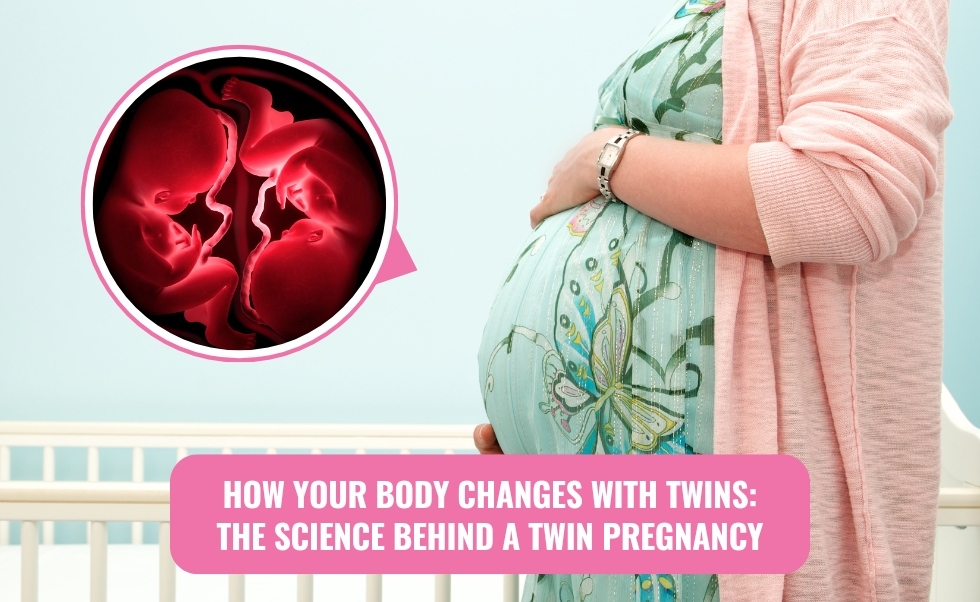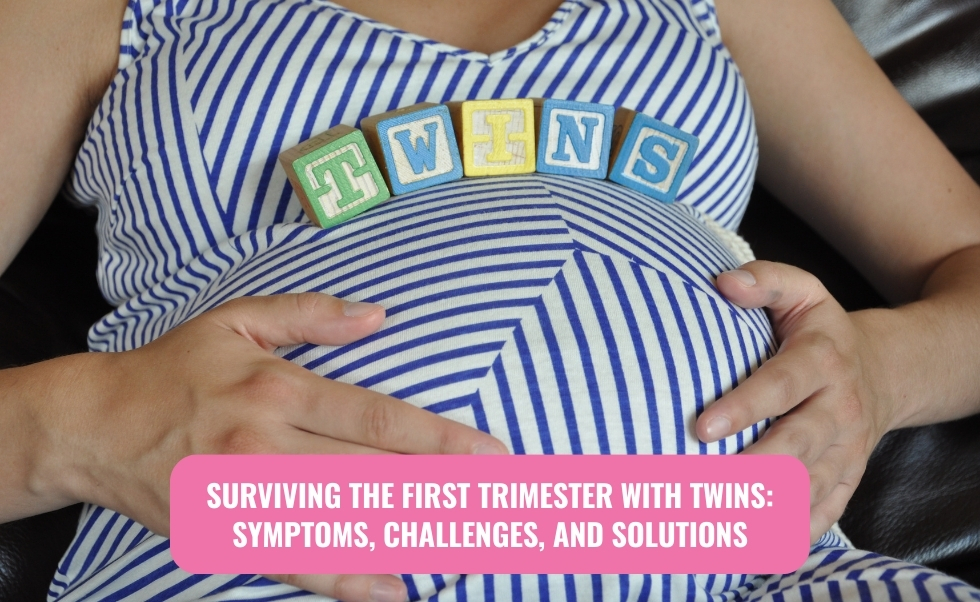An underactive thyroid, known as hypothyroidism, can significantly impact a woman’s ability to conceive and maintain a healthy pregnancy. The thyroid gland in the neck produces hormones that regulate metabolism, energy levels, and overall hormonal balance. When the thyroid is underactive, it doesn’t produce enough hormones, which can lead to various complications, particularly for women trying to conceive.
How Does Thyroid Impact Conceiving?
- Hormonal Imbalance: Hypothyroidism disrupts the balance of reproductive hormones, leading to irregular menstrual cycles or even the absence of ovulation (anovulation). This imbalance makes it challenging to predict fertile windows, reducing the chances of conception.
- Ovulation Issues: Low thyroid hormone levels can interfere with the release of eggs from the ovaries. This irregular ovulation significantly reduces the likelihood of sperm meeting an egg, thus impacting fertility.
- Luteal Phase Defect: The luteal phase, the period between ovulation and the start of the menstrual period, may be shortened due to low progesterone levels linked with hypothyroidism. This defect can prevent a fertilized egg from implanting successfully in the uterus, making it harder to sustain a pregnancy.
What about its Impact on Pregnancy?
- First Trimester Miscarriage: An underactive thyroid increases the risk of miscarriage during the first trimester. Thyroid hormones are crucial for the development of the fetus, particularly the brain and nervous system. Inadequate hormone levels can compromise early pregnancy development.
- Preterm Birth: Women with untreated hypothyroidism are at a higher risk of preterm labor and delivery. Early delivery poses various health risks for the baby, including underdeveloped organs and increased susceptibility to infections.
- Developmental Issues: Thyroid hormones are essential for fetal growth and development. Hypothyroidism can lead to developmental delays and cognitive impairments in the baby, particularly if the condition is not managed appropriately during pregnancy.
- Preeclampsia: This condition, characterized by high blood pressure and damage to another organ system, usually the liver and kidneys, can be more common in women with hypothyroidism. Preeclampsia poses serious health risks to both the mother and baby if not promptly treated.

How can I Manage Hypothyroidism for Better Outcomes?
- Regular Screening: Women trying to conceive should undergo thyroid screening to detect abnormalities early. Regular monitoring ensures that thyroid levels remain within the optimal range throughout pregnancy.
- Medication: Hypothyroidism is typically treated with synthetic thyroid hormone replacement therapy. This medication helps maintain normal thyroid hormone levels, supporting regular menstrual cycles and reducing pregnancy complications.
- Healthy Lifestyle: A balanced diet of iodine, selenium, and other essential nutrients supports thyroid health. Regular exercise and stress management techniques also play a crucial role in maintaining hormonal balance.
Hypothyroidism can significantly affect a woman’s ability to conceive and maintain a healthy pregnancy. Understanding the impact of an underactive thyroid and taking proactive measures to manage it can improve fertility outcomes and support a healthier pregnancy journey. If you suspect thyroid issues, consult with a healthcare provider for proper diagnosis and treatment to enhance your chances of a successful pregnancy.







